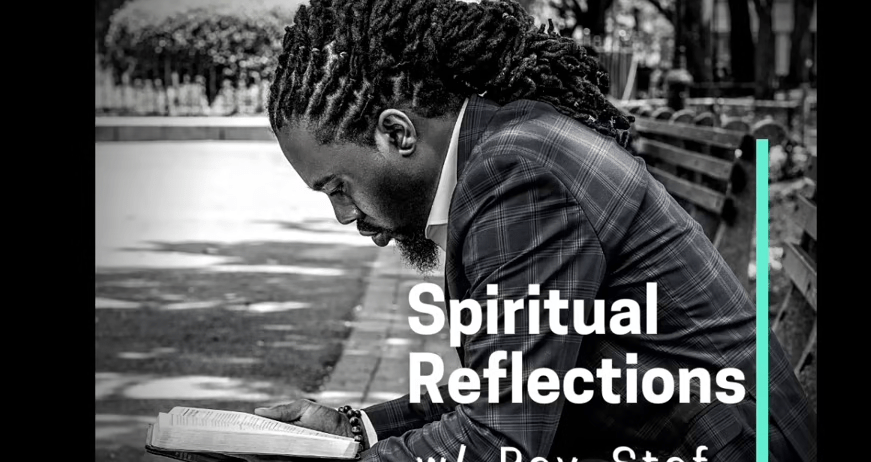COME CLOSER!
BY REV. ANTHONY L. TRUFANT
John 11:17-20, MSG & NRSV
NRSV: When Jesus arrived, he found that Lazarus had already been in the tomb four days. 18 Now Bethany was near Jerusalem, some two miles away, 19 and many of the Jews had come to Martha and Mary to console them about their brother. 20 When Martha heard that Jesus was coming, she went and met him, while Mary stayed at home.
MSG: 17 When Jesus finally got there, he found Lazarus already four days dead. 18 Bethany was near Jerusalem, only a couple of miles away, 19 and many of the Jews were visiting Martha and Mary, sympathizing with them over their brother. 20 Martha heard Jesus was coming and went out to meet him. Mary remained in the house.
After all these years of being a Christian and being a pastor, I’m still baffled and shocked by God. We have been taught by our families of origin and our faith community that God hears and answers prayers. Such a basic belief is backed up by the word of God and the witness of believers across two thousand years — and counting. We know God not only hears our prayers, but God invites and welcomes them. Each of us has our unique relationship with God. All of us pray, at least in part, because it helps us to grow in our relationship with God and others. Equally important, we pray more out of pragmatism than out of piety. We pray because prayer gets personal responses and desired results from God. In short, prayer works.
In light of these truths above, I find John 11 to be one of the most confounding, yet insightful and profound texts I have ever read. Verse 1-6 share with us what prompts Mary and Martha, two friends who were like sisters to Jesus, to pray: Lazarus’ critical illness. While they don’t tell Jesus what to do, they do expect him to show up because of their history with him and his heart for them. Yet, he does not come. He stays where he is for two more days.
In Verse 8-16, Jesus’ seemingly belated announcement of his intent to answer Mary’s and Martha’s prayers becomes a teachable moment for his disciples. He lays out the mystery of God’s process, the certainty of God’s power, and the wisdom in God waiting to show up. He explains his delay in leaving where he is and arriving where his help is needed: So that God’s glory might be seen. Jesus says, in effect, sometimes the greatness and goodness of God can only be seen and grasped against the backdrop of human hopelessness and powerlessness.
When Jesus does arrive, he continues to baffle us with his behavior. He has responded to Mary’s and Martha’s prayer, but he does not rush to their side to show his face and share his heart. He does not go to their house to offer an apology or explanation for his absence either. Instead, Jesus waits outside the village and sends word through someone nearby (maybe a servant, neighbor, or one of his disciples) to the sisters that he is waiting on them to come to him. Why does he do this? After all, his actions, especially in John’s gospel, are always intentional and instructive.
Through this text, the Lord is teaching us how to trust him. Why should we trust him?
- The Lord loves to hear from us and always waits to help us.
- The Lord will answer our prayers, but not always when, how, and where we expect. (e.g., He answers their prayer with a word spoken through an intermediary.)
- The Lord will always come to us in his time and on his terms.
Today, choose to come closer to the Lord so you can deepen the conversation, cooperation, and connection with him.




